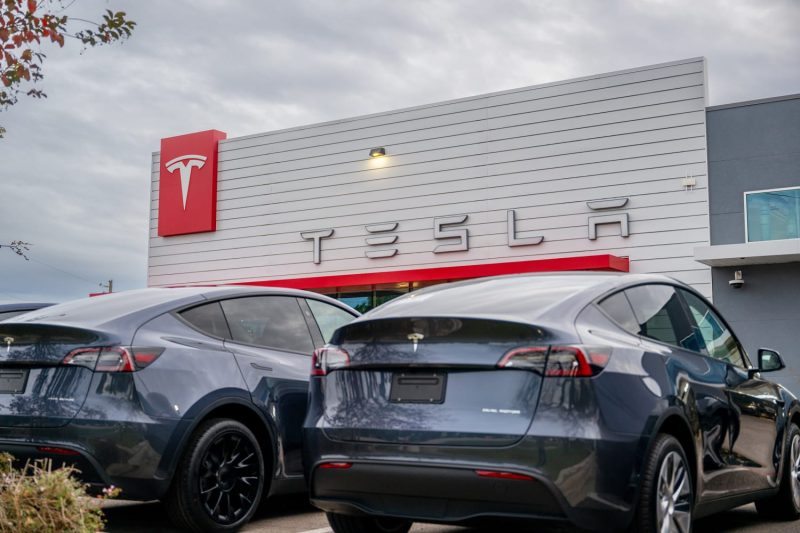The recent decision by the European Union (EU) to reduce planned tariffs on China-made Tesla electric vehicles (EVs) and other Chinese firms has caused waves in the automotive industry, marking a significant shift in trade relations between the EU and China. This move comes amidst a backdrop of increasing global demand for electric vehicles and a push towards sustainability and green technology.
One of the key implications of this decision is the potential impact on the competitiveness of electric vehicles in the European market. By lowering tariffs on Chinese-made EVs, the EU is opening up the market to more affordable options for consumers, which could stimulate greater adoption of electric vehicles across the region. This aligns with the EU’s goal of reducing carbon emissions and transitioning towards cleaner transport solutions.
Furthermore, the reduced tariffs could also benefit Chinese electric vehicle manufacturers such as Nio, Xpeng, and Li Auto, giving them increased access to the lucrative European market. This presents an opportunity for these companies to expand their global reach and compete with established players like Tesla and European automakers.
From a broader perspective, the decision to slash tariffs on Chinese EVs highlights the evolving dynamics of international trade and cooperation. It indicates a willingness on the part of the EU to engage with China on issues related to clean energy and technology transfer, signaling a more collaborative approach to addressing global challenges such as climate change.
However, there are also potential risks and challenges associated with this move. Critics may argue that reducing tariffs on Chinese-made EVs could harm domestic European automakers and suppliers, leading to job losses and a decline in competitiveness. There are concerns about maintaining a level playing field and ensuring fair competition in the automotive industry.
Moreover, questions may arise regarding the quality and safety standards of Chinese-made EVs compared to their European counterparts. Ensuring that imported vehicles meet EU regulatory requirements and standards will be essential to safeguarding consumer interests and maintaining trust in the market.
In conclusion, the EU’s decision to slash tariffs on China-made Tesla EVs and other Chinese firms represents a significant development in the global electric vehicle market. While this move has the potential to boost the adoption of electric vehicles and promote collaboration on clean energy technologies, it also raises important considerations around competitiveness, market dynamics, and regulatory standards. Moving forward, it will be essential for all stakeholders to navigate these complexities and work towards a sustainable and inclusive future for the electric vehicle industry.

